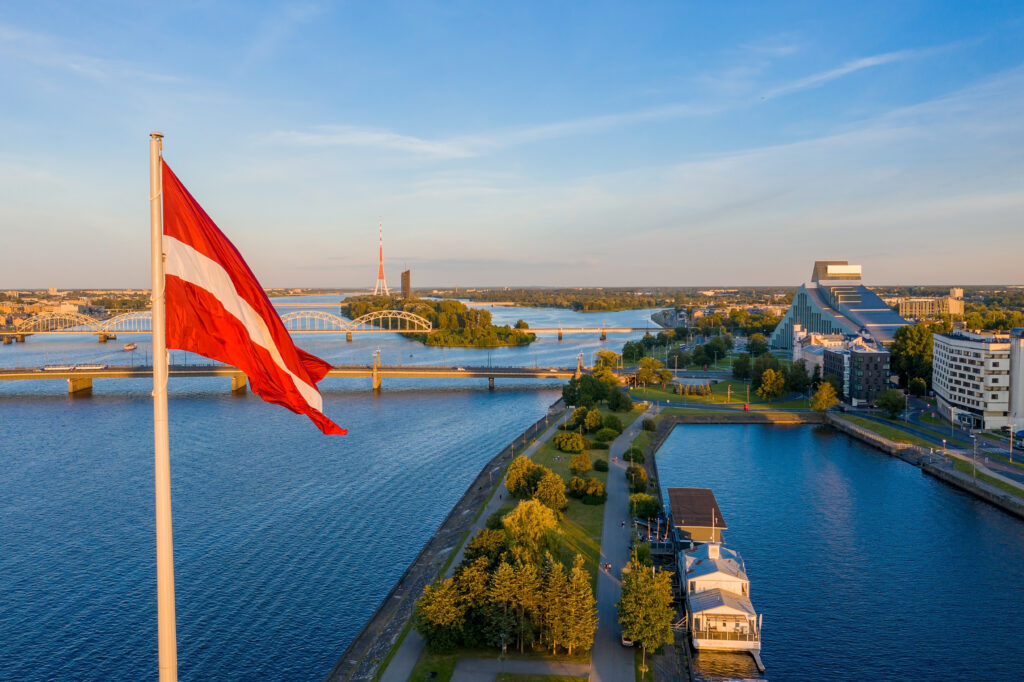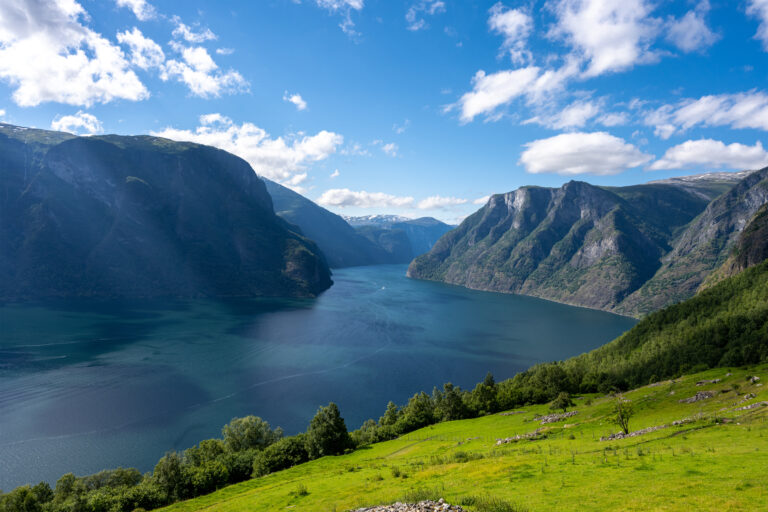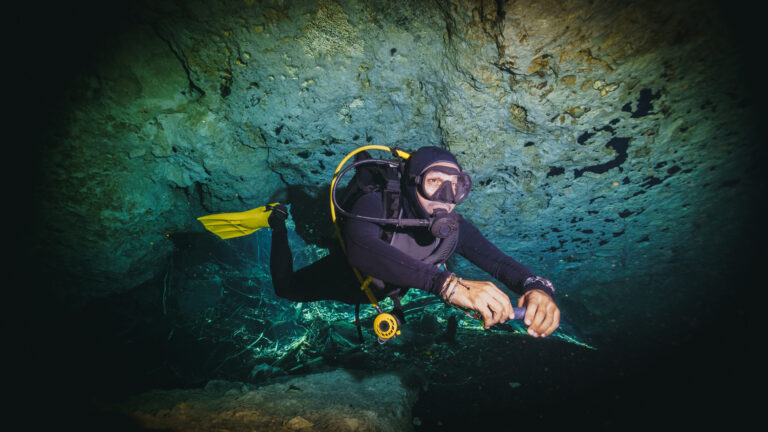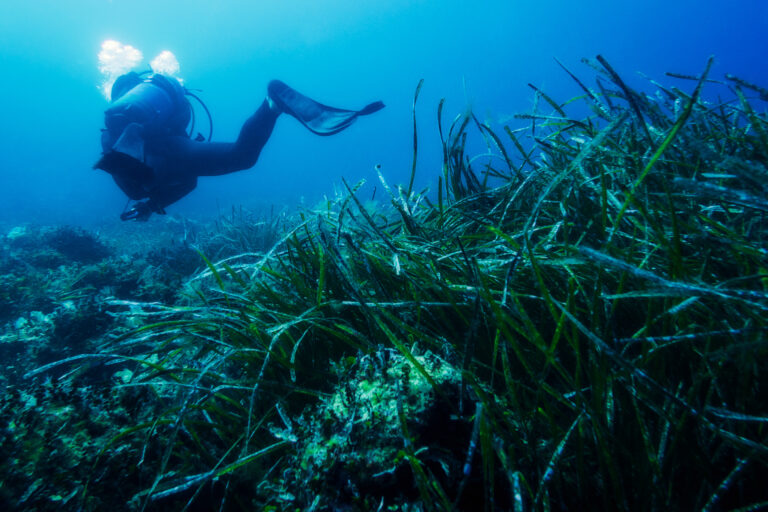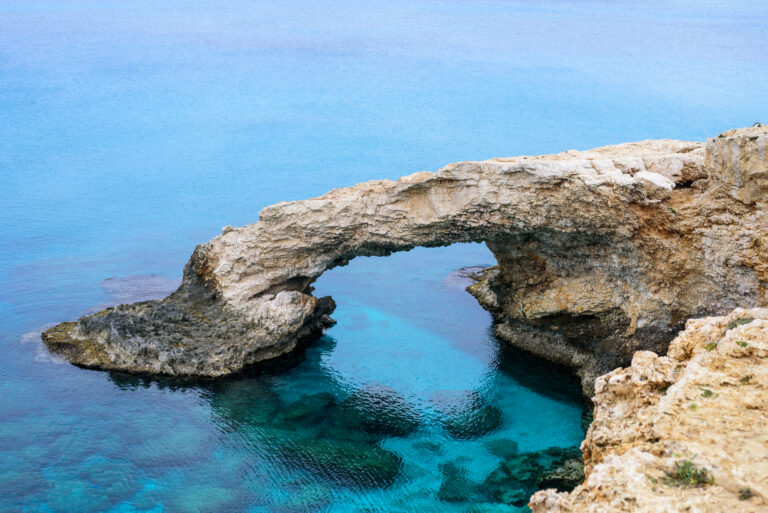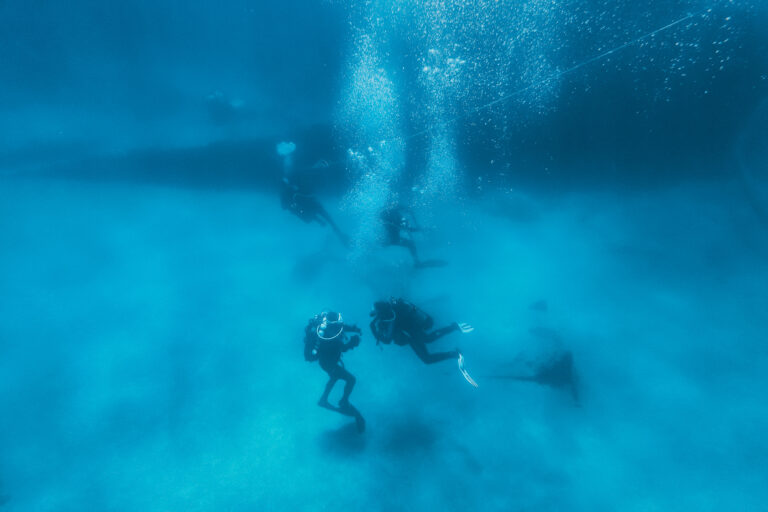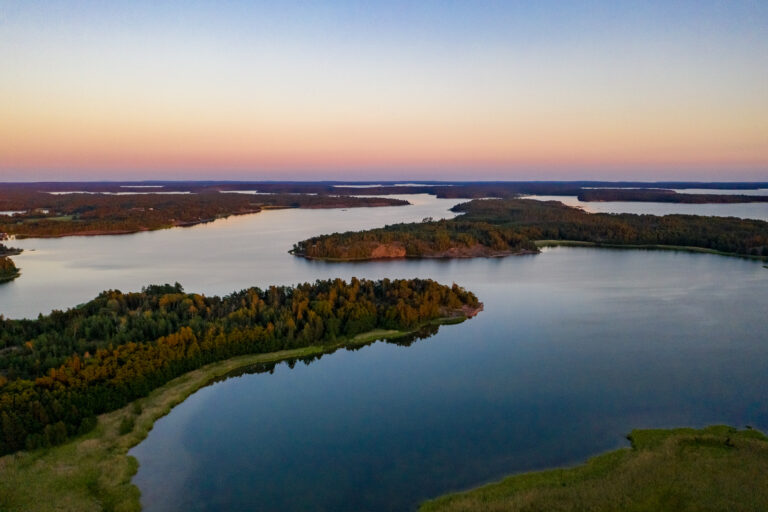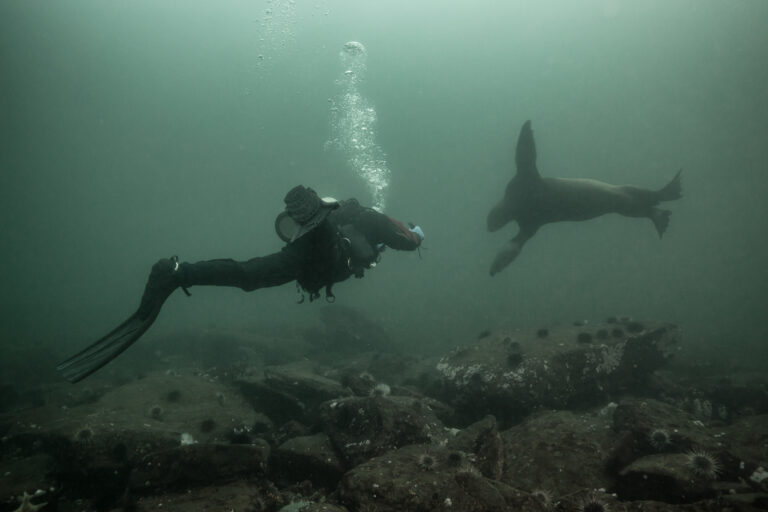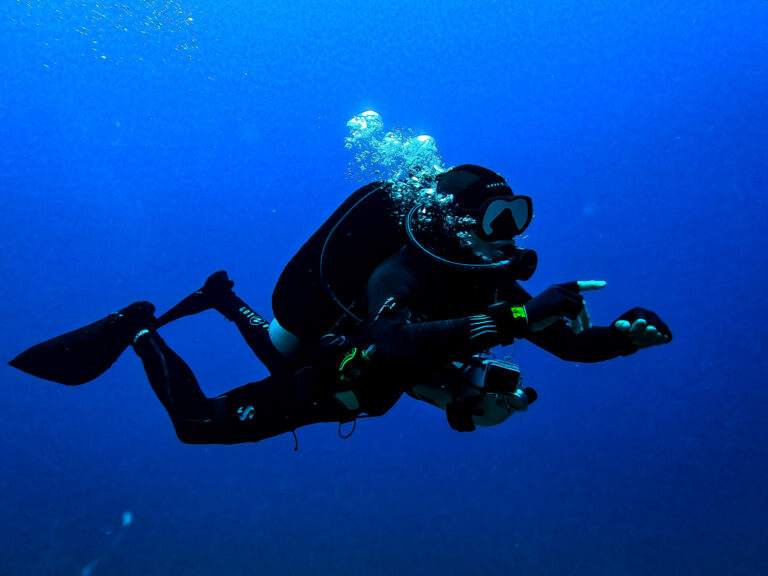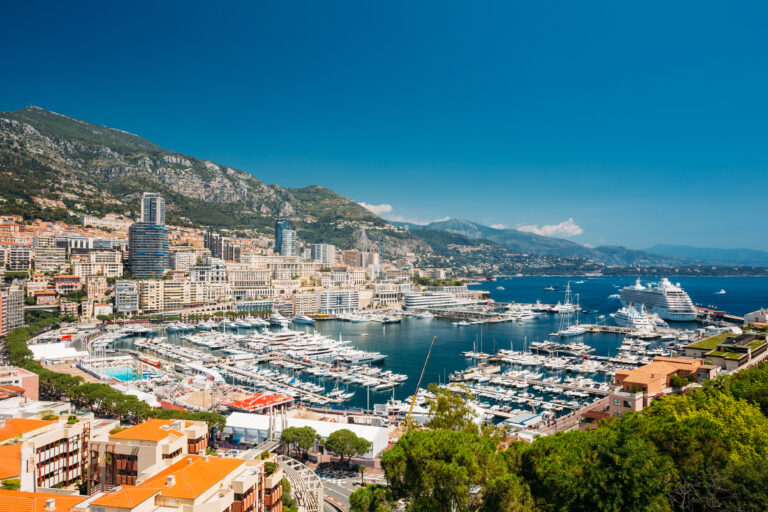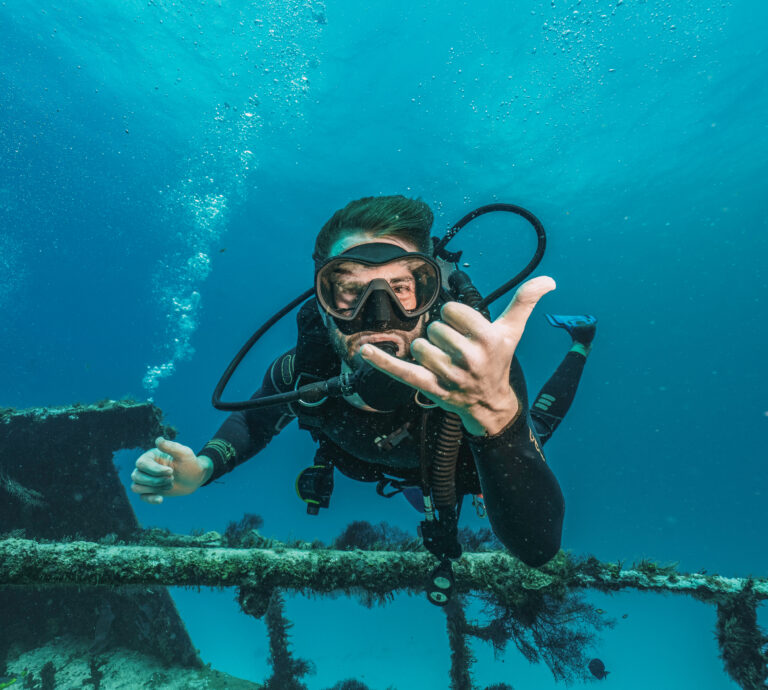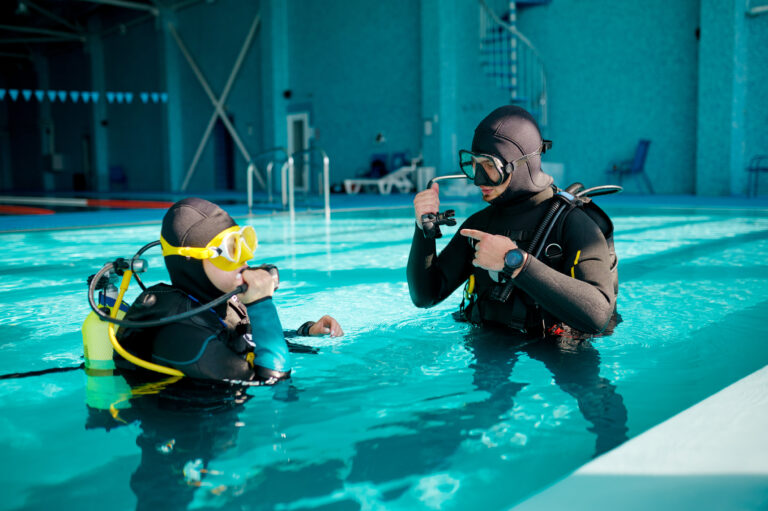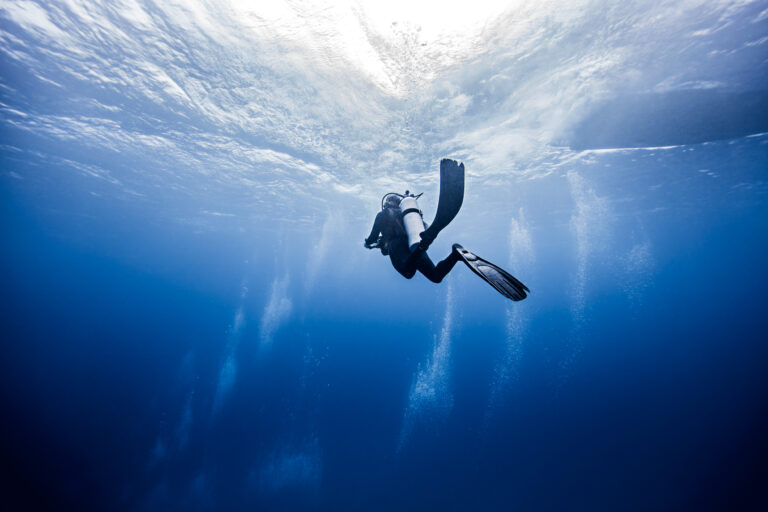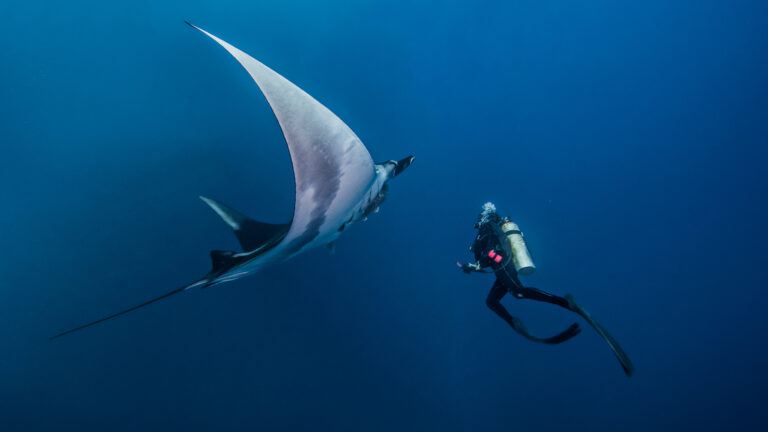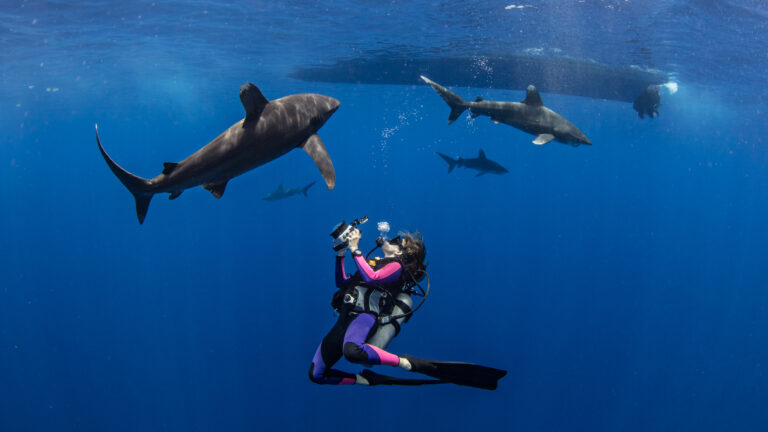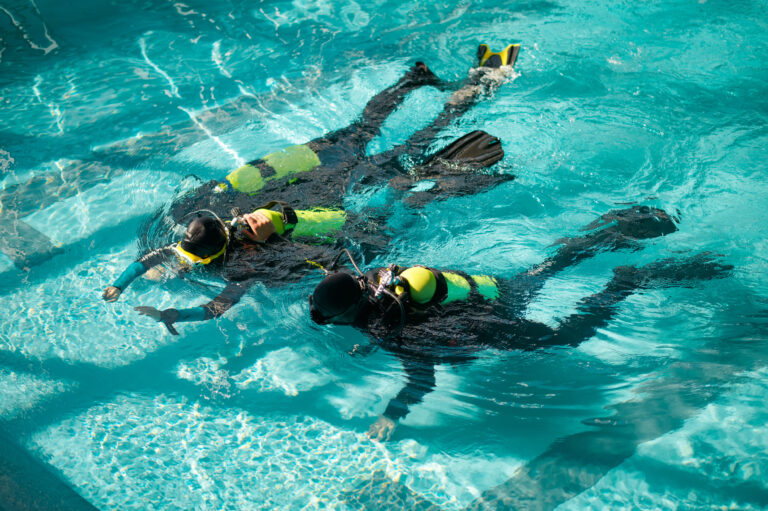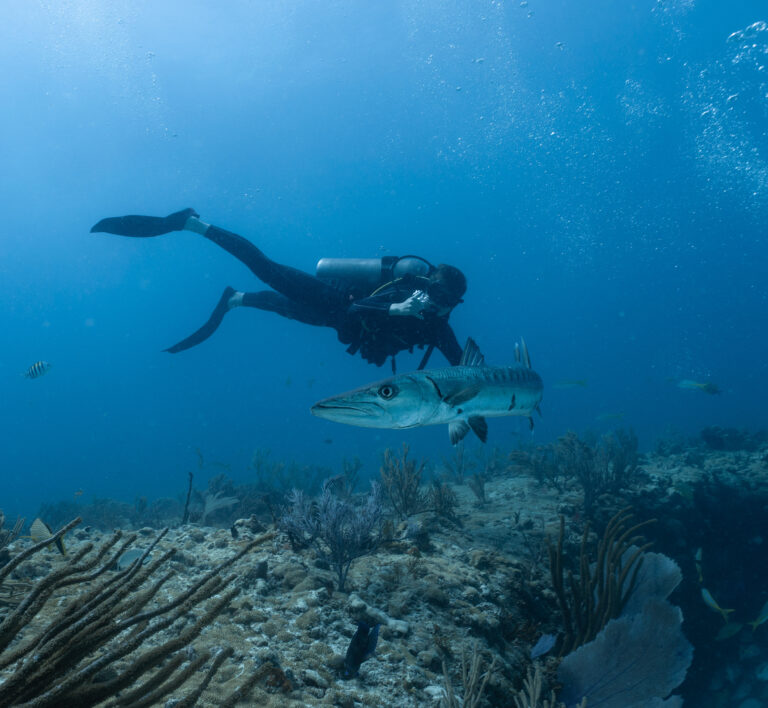SCUBA DIVERS’ TRAVEL GUIDE TO Latvia
Latvia is a hidden gem for scuba diving enthusiasts who want to explore the Baltic Sea and its rich history. This small country offers a variety of diving opportunities, from wrecks and caves to reefs and freshwater lakes. Whether you want to see the sunken ships from World War I and II, the underwater sculptures in Pavilosta, or the crystal-clear waters of Lake Razna, you will find something to suit your taste and skill level. Latvia is also a great destination for culture, nature, and gastronomy, with its charming capital Riga, its medieval castles, its national parks, and its delicious cuisine. Don’t miss the chance to discover this amazing country and its underwater wonders with your scuba diving gear!
LOCATION AND GEOGRAPHY
Nestled along the eastern shores of the Baltic Sea, Latvia presents a unique and somewhat underexplored scuba diving destination characterized by its intriguing blend of natural and historical underwater landscapes. The country’s relatively short coastline, stretching approximately 500 kilometers, is dotted with sandy beaches, secluded coves, and rocky outcrops that give way to a seabed rich in marine biodiversity. Divers in Latvia can explore a variety of environments, from freshwater quarries and lakes, such as Lake Engure, to brackish waters where the sea meets the outflow of the region’s rivers. The true allure for underwater adventurers, however, lies in the numerous shipwrecks scattered along the seabed, silent remnants of the Baltic’s bustling maritime history. These wrecks, some dating back to the World Wars, are enveloped by the cold, often low-visibility waters that challenge and reward divers with their haunting beauty and the stories they hold. With dive sites accessible from coastal towns like Liepāja and Ventspils, Latvia’s underwater terrain offers a distinctive experience for divers seeking to combine their passion for exploration with a touch of historical intrigue.
VISA AND ENTRY REQUIREMENTS
Before planning your underwater adventure in the enchanting waters of Latvia, it is essential to understand the visa and entry requirements for this Baltic nation. Latvia is a member of the European Union and part of the Schengen Area, which allows passport-free travel for citizens of other Schengen countries. Travelers from non-Schengen countries will need to obtain a Schengen visa for stays up to 90 days within a 180-day period for tourism purposes, including scuba diving. Ensure your passport is valid for at least three months beyond your planned departure date from Latvia. Visitors from countries like the USA, Canada, Australia, and Japan do not require a visa for short stays. However, it is always advisable to check the latest visa requirements with the nearest Latvian embassy or consulate, or through their official immigration website, as regulations can change. Additionally, ensure you have proof of sufficient funds and a return ticket to facilitate a smooth entry. Once your paperwork is in order, the Baltic Sea and Latvia’s intriguing dive sites await your exploration.
GETTING TO Latvia
Getting to Latvia for an unforgettable scuba diving adventure is a straightforward endeavor, thanks to its well-connected transportation infrastructure. Situated on the Baltic Sea, Latvia is accessible by air, with Riga International Airport serving as the main gateway for international travelers. The airport is well serviced by a multitude of airlines offering direct flights from major cities across Europe and connecting flights from around the globe. For those preferring land or sea travel, Latvia can be reached by bus or train from neighboring countries, and there are ferry services linking it with Sweden, Germany, and other Baltic nations. Once in Latvia, the journey to the country’s diving spots is facilitated by an efficient network of roads, with car rentals and public transport readily available to take you to the pristine waters of the Baltic Sea, where submerged treasures and natural marine beauty await.
BEST TIME TO DIVE
Latvia, with its relatively short diving season, offers the best scuba diving experiences from late spring through early autumn, typically between May and September. During these months, the Baltic Sea warms up, providing more comfortable water temperatures that range from 10°C to 17°C (50°F to 63°F). Visibility in the brackish waters can vary but is generally better in the summer months, reaching up to 10 meters on good days. Divers should note that the Baltic Sea does not offer the same clarity as tropical waters, but it compensates with unique underwater landscapes, historical shipwrecks, and a chance to witness marine life adapted to the cooler environment. It’s advisable to use a dry suit or a thick wetsuit to ensure warmth during dives. The summer also brings longer daylight hours, allowing for more flexible dive schedules and the opportunity to explore Latvia’s underwater offerings in the best possible conditions.
ACCOMMODATION OPTIONS
Accommodation options for scuba divers in Latvia cater to a range of preferences, ensuring a comfortable stay after exploring the underwater treasures of the Baltic Sea. In the coastal towns like Liepāja and Ventspils, divers can find a variety of lodging choices from boutique hotels offering personalized service to cozy guesthouses that provide a more intimate experience. For those seeking proximity to dive sites, there are seaside resorts and cabins that allow for quick access to the shore. In the capital city of Riga, which is within driving distance of popular dive spots, a broader selection of accommodations is available, including luxury hotels, budget-friendly hostels, and vacation rentals that suit both short-term stays and extended dive trips. Many accommodations are accustomed to the needs of divers, providing facilities for equipment storage and drying, as well as information on local dive services and excursions. Whether you’re looking for the rustic charm of a countryside inn or the convenience of a city hotel, Latvia’s range of accommodations ensures that divers can find the perfect base to rest and recharge.
DIVE OPERATORS AND DIVE SHOPS
Latvia, with its relatively small but intriguing Baltic coastline, offers a unique scuba diving experience that is often overlooked by the international diving community. Dive operators and shops in Latvia are typically well-equipped and staffed by passionate professionals who are keen to showcase the underwater treasures of their homeland. These local dive shops, primarily located in coastal towns like Liepāja and Ventspils, provide a range of services from equipment rental and air fills to guided dives and PADI-certified training courses. The diving season in Latvia is relatively short, with the best conditions from late spring to early autumn, so it’s advisable to book in advance. Divers can explore a variety of dive sites, including intriguing shipwrecks and artificial reefs that have become havens for marine life in the Baltic Sea. The dive operators are accustomed to the cooler water temperatures and offer appropriate gear such as drysuits to ensure a comfortable experience. With their local knowledge, dive shops can also assist in obtaining any necessary permits for diving in protected areas, ensuring that your underwater adventures in Latvia are both memorable and conducted with respect for the marine environment.
TRANSPORTATION WITHIN Latvia
While Latvia may not be the first country that comes to mind for scuba diving, it offers unique underwater experiences in the Baltic Sea. When it comes to transportation within Latvia for scuba divers, the country’s compact size is an advantage. The main hub for divers is the capital, Riga, which is well-connected by its international airport and serves as a starting point for most diving excursions. From Riga, divers can rent a car or use the relatively efficient and affordable public transportation system, which includes buses and trains, to reach various coastal towns and diving sites along the Latvian coast. The most notable diving destinations, such as the shipwrecks at Cape Kolka and the clearer waters near Liepāja, can be accessed within a few hours’ drive. For those looking to explore the underwater treasures of Latvia’s inland lakes and rivers, such as Lake Engure or the Gauja River, car rental is the most convenient option, providing the flexibility to transport gear and navigate the more remote dive locations with ease.
CURRENCY AND PAYMENT METHODS
When planning a scuba diving trip to Latvia, it’s important to note that the country uses the Euro (€) as its official currency. Credit and debit cards are widely accepted in cities and tourist areas, including dive shops and resorts. However, it’s advisable to carry some cash for smaller purchases, especially in remote areas or small local businesses where electronic payments may not be an option. ATMs are readily available in urban centers, but less so in rural regions. It’s also worth checking with your bank about foreign transaction fees to avoid unexpected charges. For the best exchange rates, consider exchanging your money at banks or official currency exchange offices rather than at the airport or hotels. Always have a valid form of identification with you when exchanging money, as it may be required. Remember to inform your bank of your travel plans to ensure your cards remain active while abroad.
LANGUAGE AND COMMUNICATION
When diving in Latvia, communication both above and below the water is predominantly conducted in Latvian, the official state language. However, due to the country’s increasing popularity as a dive destination and its membership in the European Union, English is widely spoken within the diving community, especially by instructors and guides at dive centers catering to international tourists. Russian is also commonly understood, given Latvia’s historical ties. It’s advisable for divers to familiarize themselves with basic Latvian phrases or Russian if possible, as a courtesy to local residents and to enhance the overall travel experience. Underwater, divers use the standard hand signals recognized internationally to convey messages such as air supply, distress, and directional cues. It’s essential to review these signals during your pre-dive briefing, especially if diving with a group of mixed-language speakers, to ensure clear and effective communication during your underwater adventure in Latvia’s intriguing dive sites.
LOCAL CULTURE AND ATTRACTIONS
Latvia, nestled on the eastern shores of the Baltic Sea, offers a unique blend of cultural and historical attractions that complement the underwater adventures awaiting scuba divers. After exploring the submerged treasures, divers can immerse themselves in Latvia’s rich heritage, which is a tapestry of various influences from the medieval Hanseatic League to the Soviet era. The capital city, Riga, a UNESCO World Heritage site, is renowned for its Art Nouveau architecture and vibrant Old Town, where cobbled streets lead to the majestic Riga Cathedral and the bustling Central Market. Beyond the city, the coastal town of Liepāja is famed for its music and arts scene, while the picturesque Gauja National Park provides a serene backdrop for understanding Latvia’s connection with nature. Throughout the country, traditional Latvian cuisine, such as smoked fish and rye bread, can be savored in cozy taverns, offering a taste of the local lifestyle. Seasonal festivals, like the midsummer celebration of Jāņi, provide a glimpse into the Latvian spirit, ensuring that visitors experience a rich cultural tapestry as vibrant as the marine life beneath the waves.
CULTURAL ETIQUETTE AND TIPS
When scuba diving in Latvia, it’s important to approach the activity with respect for local customs and environmental considerations. Latvians are known for their connection to nature and expect visitors to treat their waters with care. Always follow the guidelines provided by your dive operators, as they are in place to protect the delicate ecosystems of the Baltic Sea. It’s customary to greet locals with a polite “Sveiki” (hello) and to show appreciation with a “Paldies” (thank you). While Latvians are generally reserved, they are helpful and will appreciate your efforts to observe local customs. Tipping is not mandatory but is welcomed for exceptional service. Be mindful of your environmental footprint, avoid disturbing marine life, and take care not to remove any artifacts from underwater sites, as many hold historical significance. By showing respect and adhering to these cultural norms, you’ll ensure a harmonious and enriching diving experience in Latvia’s waters.
LOCAL LAWS AND REGULATIONS RELEVANT TO TOURISTS
Before plunging into the depths of Latvia’s underwater landscapes, scuba divers should acquaint themselves with local laws and regulations to ensure a safe and lawful experience. In Latvia, all divers must be certified by a recognized diving organization, and it is mandatory to carry proof of certification, as well as a valid identification document, during all diving activities. Diving within the boundaries of Latvia’s numerous protected marine areas and national parks requires a special permit, obtainable from the relevant authorities, and divers must adhere to specific rules that govern these zones, such as restrictions on anchoring and fishing. It is also important to note that diving in some historical areas, particularly those with shipwrecks, may be subject to additional regulations to preserve cultural heritage. Divers should be aware that the use of dive flags is compulsory to alert boats to their presence in open waters. Lastly, always check for any seasonal restrictions that may affect diving, especially in breeding seasons for protected marine life. Tourists are advised to consult with local dive shops or tour operators for the most current information and guidance on adhering to Latvia’s diving regulations.
SAFETY TIPS AND EMERGENCY CONTACTS
When planning a scuba diving trip to Latvia, safety should be your top priority. Before embarking on your underwater adventure in the Baltic Sea or Latvia’s inland waters, ensure you are well-versed in cold water diving techniques and familiar with the use of a dry suit, as temperatures can be quite low. Always dive within your certification limits and with a buddy. It’s crucial to check your equipment thoroughly before each dive and to be aware of the local currents and weather conditions, which can change rapidly. In case of an emergency, know the location of the nearest hyperbaric chamber, which is situated in Riga at the State Fire and Rescue Service (Valsts ugunsdzēsības un glābšanas dienests). Keep handy the emergency contact numbers: the general European emergency line (112), the Latvian Maritime Administration (which can be reached at +371 67020444), and the nearest coast guard station. Additionally, ensure that your dive operator has a clear emergency action plan and that you are familiar with it. Always carry a dive flag, a whistle, and a surface marker buoy to signal for help if needed. By following these safety tips and having emergency contacts readily available, you can help ensure a safe and enjoyable diving experience in Latvia.
HEALTH AND TRAVEL INSURANCE
Before embarking on a scuba diving adventure in Latvia, it is crucial to ensure that you have comprehensive health and travel insurance that specifically covers scuba diving activities. The Baltic waters can be unpredictable, and while Latvia offers some unique underwater experiences, such as exploring sunken ships and witnessing diverse marine life, it is not without risks. Diving insurance is essential as it covers hyperbaric treatment in the unlikely event of decompression sickness, as well as other diving-related injuries that may not be included in standard travel insurance policies. Additionally, given Latvia’s location and the potential for variable weather conditions, travel insurance will provide peace of mind in case of trip cancellations, delays, or the need for emergency medical evacuation. Always verify that your policy provides adequate coverage for the depth and type of diving you plan to do, and be aware of any exclusions or limitations. It’s also wise to carry proof of insurance with you and have emergency contact numbers readily available throughout your journey in Latvia.

